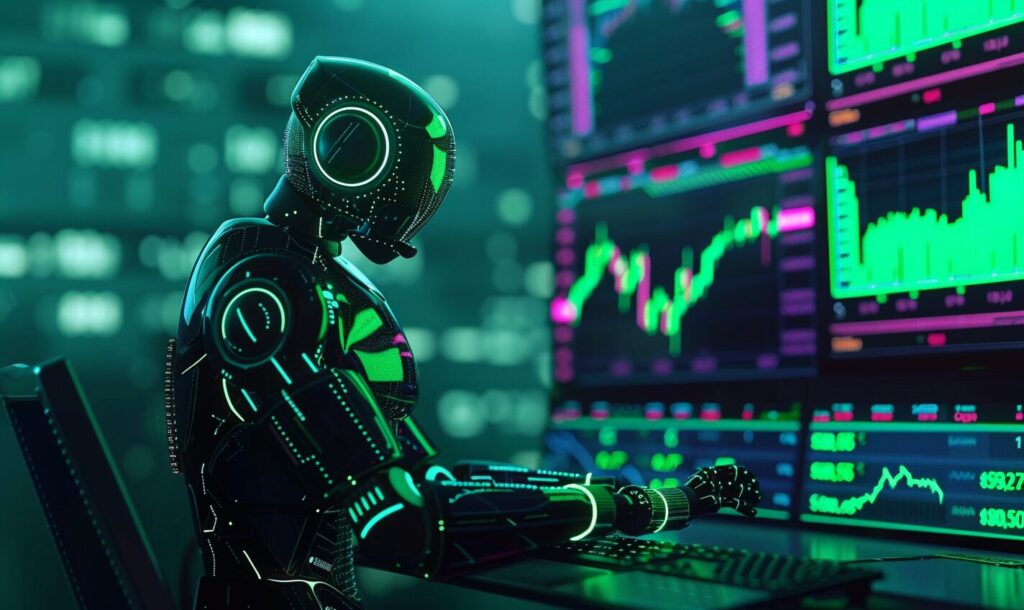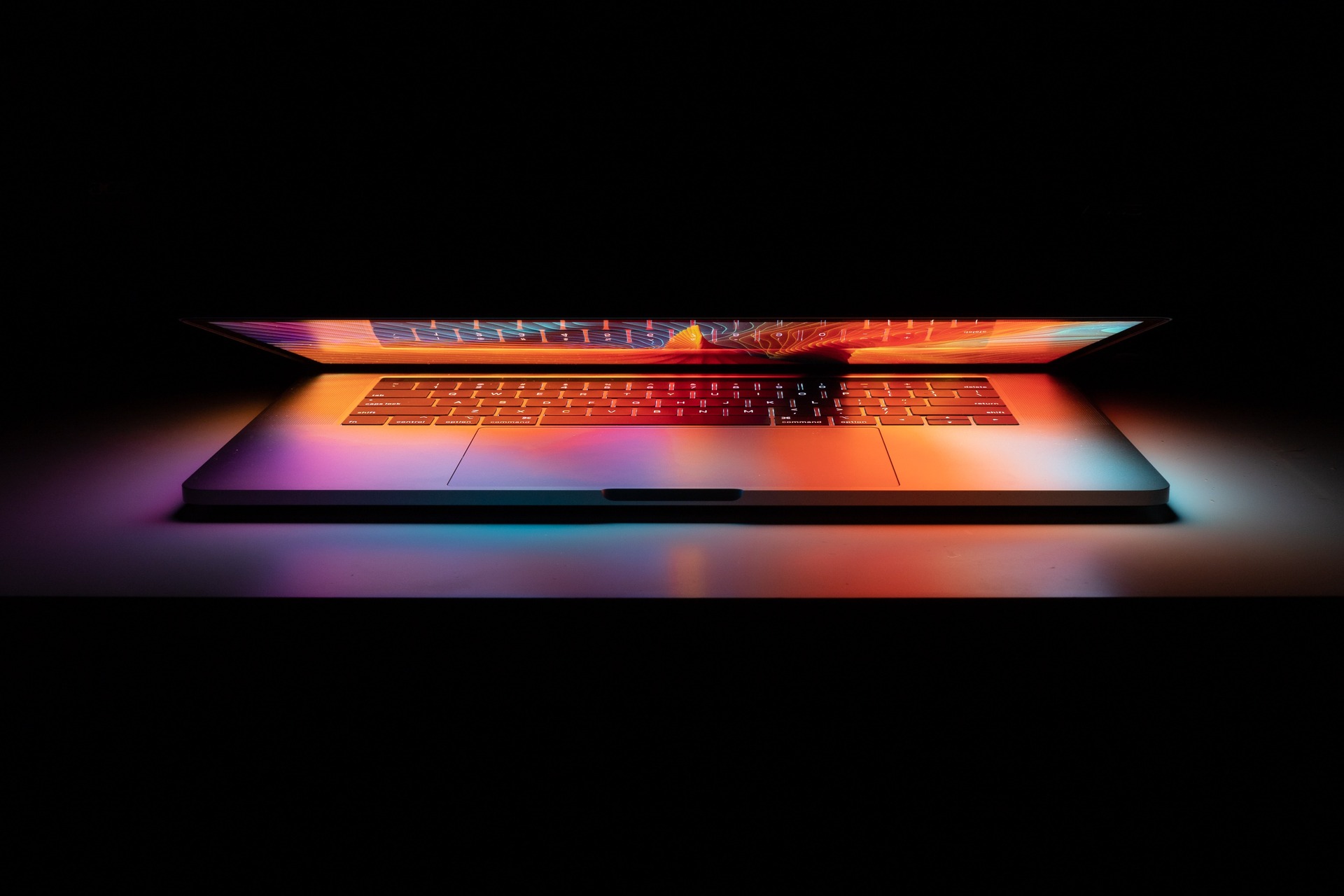Many people are concerned about the impact of artificial intelligence on the job market. It’s an incredibly versatile tool, so it has the potential to impact all sorts of industries. Plus, it can process information much faster than people. Can artificial intelligence replace human intelligence?
Does AI Compare to Human Intelligence?
As technology advances, more branches of artificial intelligence (AI) appear — and they seem to mirror people better every time. For instance, deep learning algorithms operate on a neural network like humans. Although each one only mimics humans, they technically outperform them. For example, they can process information at a much faster pace. Their speed and accuracy often make up for their lack of genuine knowledge.
How Does AI Impact the Job Market?
Can artificial intelligence replace human intelligence in specialized industries? It’s an incredibly versatile technology, so it can automate most tasks. Even in fully physical roles, AI-powered robots can adequately navigate job duties.
The top jobs at risk of an AI takeover cover a wide variety of industries:
- Tech: Jobs in the technology industry are most at risk. For instance, ChatGPT produces code much more quickly than humans. Even if it’s not always correct, it reduces the need for as many workers.
- Media: The introduction of generative AI shook up many creatives. It can read, write and produce art nearly instantaneously and with minimal human input.
- Financial: Those in the financial industry are at risk because AI can rapidly analyze massive datasets and produce accurate findings. There’s no need for human number-crunching when an algorithm is around.
- Retail: The retail industry can automate plenty of repetitive duties with AI. Experts project the market for such technology to reach $31.18 billion by 2028.
Although AI’s impact on the job market is extensive, it’s significantly affected these four industries in particular. It’s contributed to job loss extensively — even in roles that have traditionally been safe from technological advancement. Although it can’t do many things perfectly, many employers utilize it because they’ve found its intelligence superior.
What Are the Limitations of AI?
Despite being functionally superior in most cases, AI still has many constraints. It can’t truly reason or think independently, as all of its actions depend on the data it feeds off of. Can artificial intelligence replace human intelligence when it’s simply mimicking people?
AI has a few significant limitations:
- Critical thinking: Algorithms may seem intelligent, but they only mimic human thought and speech patterns. The accuracy of their data-driven conclusions depends on the quality of the information they analyze.
- Creativity: A lack of creativity is one of the biggest limitations of AI. Although generative versions can come up with images or text, they can’t produce content without human input. They’re incapable of genuine independent thought.
- Knowledge-seeking: Curiosity and the quest for knowledge drive a majority of significant discoveries and inventions. Algorithms don’t seek out information — they only process it.
- Bias: Algorithms’ accuracy is one of the driving forces behind their implementation, but they’re actually vulnerable to mistakes. Flawed input makes them prone to bias, resulting in misinformed conclusions.
- Abstract thinking: Although AI performs better under extreme operating parameters than most technology, it still can’t grasp abstract thoughts. It can only operate within the bounds of its input data.
When considering all of the limitations of AI, humans seem to have the upper hand. Still, it’s seemingly progressing daily. For example, self-aware algorithms are one of the most advanced forms in existence. Although it’s only in development, it can genuinely understand its actions, surroundings and constraints. Advancements may soon eliminate many of the hurdles algorithms face.
What Advantage Do Humans Have?
Humans’ most significant advantage is that AI can’t replicate interpersonal skills or feel empathy. Have you ever gotten stuck in a frustrating loop with a chatbot and wished you could talk to a real person? Even if an algorithm can mimic human speech, everyone typically craves a genuine connection. People are highly social creatures by nature.
Plus, the impact of AI on the professional market may not be as drastic as most assume. While it affects many industries, most businesses actually choose partial integration over full. In fact, one survey reported over half of the experts in the technology industry feel AI won’t outpace job creation through 2025. Someone still needs to be around to double-check its performance even when it fully automates tasks.
Additionally, the capabilities of AI are limited to the information it can process. Although it’s a rapidly advancing technology, its growth may soon slow. It likely will only further develop with big data because its learning depends on taking on new information. People must find a way to collect and store vast amounts of unbiased knowledge if they want bigger and better algorithms.
The same concept applies to generative AI. Every version needs to feed on some form of information to come to new conclusions. According to one expert, they may actually run out of learning material between 2030 and 2060. They’re consuming content faster than humans can produce it — their processing speeds may soon become a hindrance instead of a benefit. If you leave them alone long enough, they start to cannibalize themselves.
Can Artificial Intelligence Replace Human Intelligence?
Can artificial intelligence replace human intelligence? The short answer is likely not. In fact, an AI even believes that a total takeover is unlikely. That’s right, ChatGPT admitted algorithms couldn’t replace humans during an interview with a Canadian news team. On a more serious note, they’ll probably always need human input. Their current limitations prevent them from acting truly independently. Even if they automate a majority of a task, people will need to be on standby to clean up errors.
Take ChatGPT, for instance. Even though it’s one of the most advanced and popular AI around, it still makes frequent mistakes. One data scientist shared his experience with it, noting it provided misinformation roughly one-fifth of the time during conversations. It can significantly reduce the time it takes him to code, but it frequently produces errors. While he believes it could revolutionize his industry, he admits it still needs human intervention.
Artificial Versus Human Intelligence
No technology is perfect — including AI. While it can process faster and is generally more accurate than people, it can still produce biased results. In addition, it can’t think independently or seek knowledge. Someone will always need to be around to update algorithms and feed them new information.
Recent Stories
Follow Us On
Get the latest tech stories and news in seconds!
Sign up for our newsletter below to receive updates about technology trends














